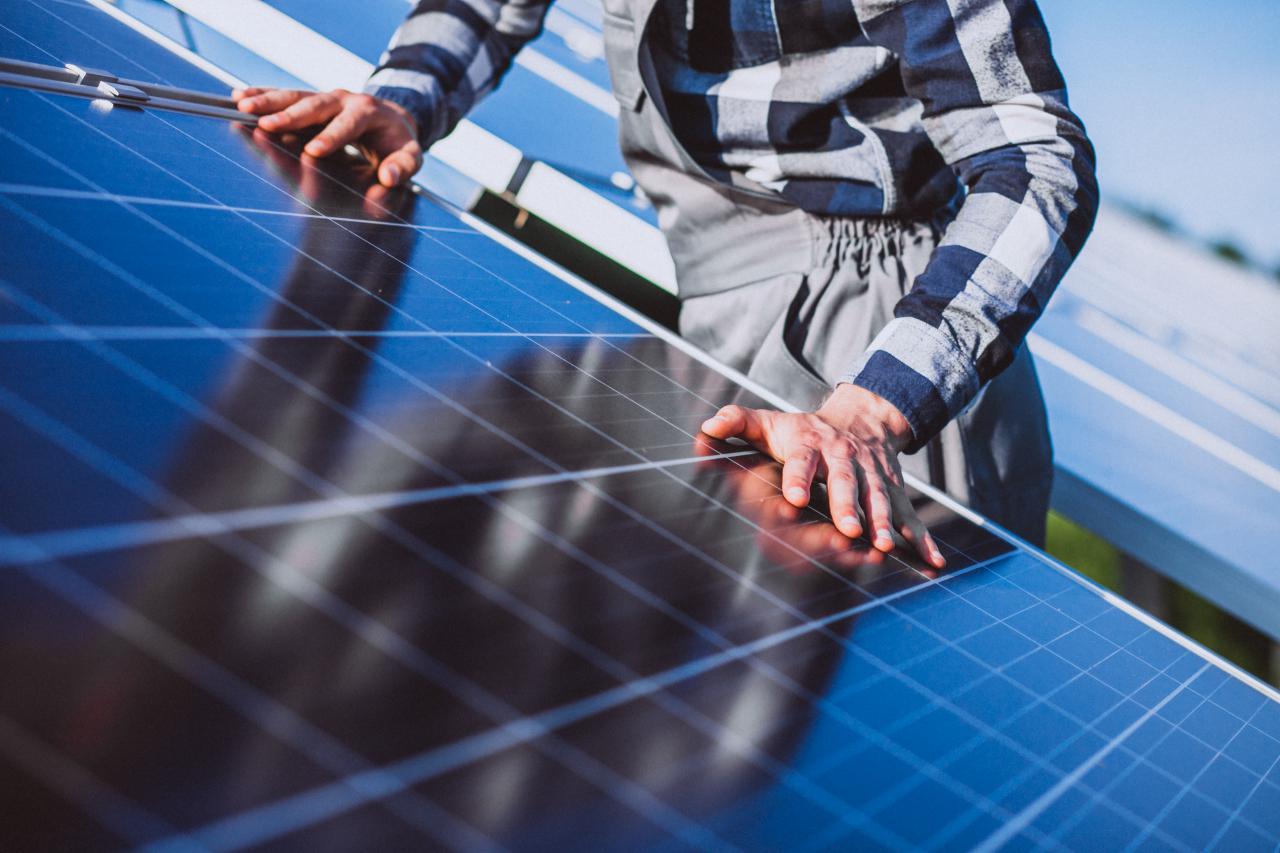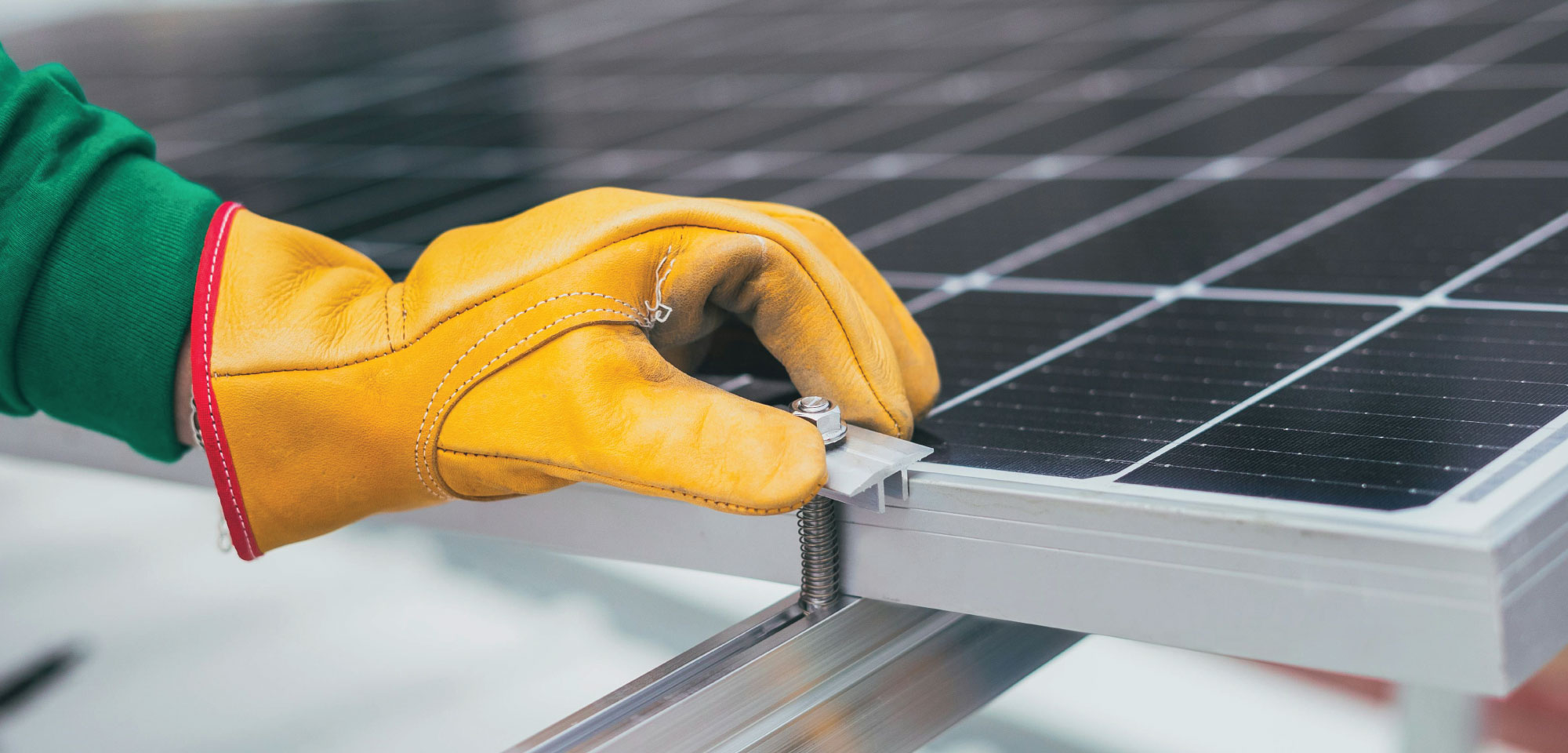Understanding Solar Power Storage- Batteries and Beyond

As solar energy continues to gain popularity, one key element that homeowners and businesses alike are exploring is solar power storage. Solar panels generate electricity, but without proper storage, you can only use that energy while the sun is shining. Solar power storage systems, such as batteries, provide a solution by allowing you to store excess energy for later use.
This not only increases energy independence but also maximizes the efficiency of your solar setup. In this article, we’ll break down solar power storage, the role of batteries, and other options beyond traditional battery systems.
What Is Solar Power Storage?
Solar power storage refers to the methods used to store electricity generated by solar panels for later use. Since solar panels only produce electricity during the day, storage systems are essential for utilizing solar energy when the sun isn’t shining, such as during the night or on cloudy days. The most common form of solar energy storage is through batteries, but there are other systems available that serve this purpose.
Why Is Solar Storage Important?
Solar storage is crucial for optimizing the use of solar power. Without it, any excess energy produced during the day goes to waste unless it’s sent back to the grid. Storage systems give you the flexibility to use solar energy on demand, reducing reliance on the grid and lowering electricity bills. It also adds a layer of energy security, especially in regions where power outages are common.
Solar Batteries: The Core of Solar Storage
The most popular and accessible form of solar energy storage is batteries. Solar batteries store the extra energy produced by your solar panels and make it available when needed. There are several types of batteries used in solar power systems, each with its own advantages.
Types of Solar Batteries
- Lead-Acid Batteries
Lead-acid batteries are one of the oldest types of rechargeable batteries used in solar power storage. They are affordable and reliable but have a shorter lifespan and lower energy capacity compared to newer technologies. These batteries are typically used for off-grid solar systems. - Lithium-Ion Batteries
Lithium-ion batteries are the most common choice for solar power storage today. They offer a longer lifespan, greater energy density, and are more efficient than lead-acid batteries. These batteries are ideal for homeowners and businesses looking to maximize their solar energy use. - Flow Batteries
Flow batteries are a newer type of battery technology that offers long-duration energy storage. They have the ability to store large amounts of energy for extended periods, making them ideal for commercial applications. However, they are less common in residential systems due to their higher cost.
How Do Solar Batteries Work?
Solar batteries work by storing the excess electricity produced by your solar panels during the day. This stored energy can then be used at night or during periods of low sunlight. The solar system’s inverter converts the DC (direct current) electricity generated by the panels into AC (alternating current) electricity for use in your home or business. When your solar panels produce more electricity than you need, the excess is stored in the battery. When the panels aren’t generating enough energy, you can draw from the battery.
Benefits of Solar Batteries
- Energy Independence: Solar batteries reduce reliance on the grid, allowing you to use your own stored energy.
- Lower Electricity Bills: With a battery, you can use stored energy during peak hours when electricity rates are higher.
- Backup Power: Solar batteries provide backup power in case of outages, keeping your home or business running even during blackouts.
- Eco-Friendly: By storing and using solar energy efficiently, you reduce your carbon footprint.
Beyond Batteries: Alternative Solar Storage Solutions
While batteries are the most common form of solar power storage, there are other methods available. These alternatives are often used in conjunction with or as an alternative to traditional batteries, depending on the energy needs and setup.
Thermal Energy Storage
Thermal energy storage involves storing solar energy in the form of heat. This method is commonly used in solar thermal systems, such as solar water heaters. The solar energy heats a medium, such as water or air, which is then stored in insulated tanks. This stored heat can be used later for water heating or space heating. Thermal energy storage is highly efficient and ideal for applications that require heating.
Pumped Hydroelectric Storage
Pumped hydroelectric storage is a large-scale method used to store energy by pumping water to a higher elevation when excess solar energy is available. The stored water is released through turbines to generate electricity when energy is needed. This method is highly efficient but is generally limited to large-scale commercial or utility applications due to the infrastructure required.
Hydrogen Storage
Hydrogen storage is an emerging technology in the field of solar energy. In this system, excess solar energy is used to produce hydrogen through a process called electrolysis. The hydrogen can then be stored and later converted back into electricity using a fuel cell. While this technology holds promise for the future, it is still in the early stages of development and not widely used in residential settings.
Factors to Consider When Choosing a Solar Storage System
When deciding on a solar storage system, several factors should be considered to ensure you choose the right solution for your needs.
- Energy Capacity: How much energy do you need to store? Consider your energy consumption and how much excess solar power your panels generate.
- Cost: Solar batteries and other storage solutions vary in price. Evaluate your budget and consider the long-term savings of energy storage.
- Efficiency: Look for high-efficiency storage systems that minimize energy loss.
- Lifespan: Consider how long the storage system will last. Lithium-ion batteries, for example, tend to have longer lifespans than lead-acid batteries.
- Backup Power Needs: If you live in an area prone to power outages, prioritize systems that offer reliable backup power.
Conclusion
Solar power storage is essential for maximizing the benefits of solar energy. Batteries, especially lithium-ion, are the most common and practical choice for residential and commercial solar systems. However, alternative storage solutions like thermal storage, pumped hydroelectric storage, and hydrogen storage offer unique benefits depending on your energy needs.
To learn more about the best solar products and find solutions that fit your budget, visit SolarsPrice.com. Our platform offers comparisons of solar storage options and other solar products to help you make an informed decision.




